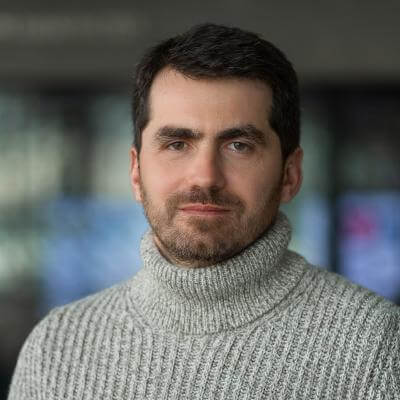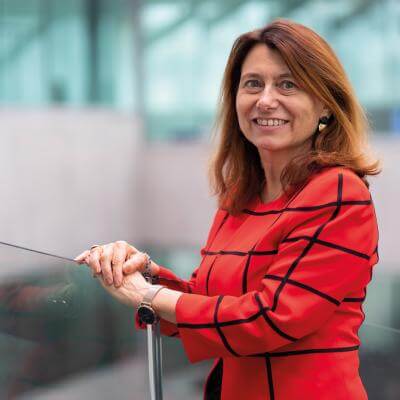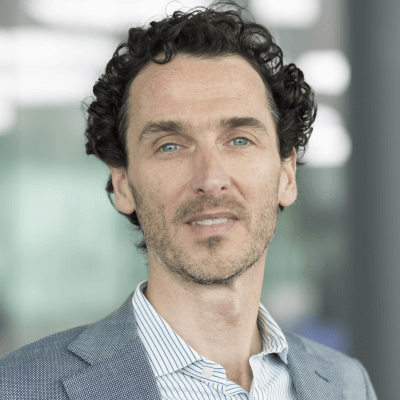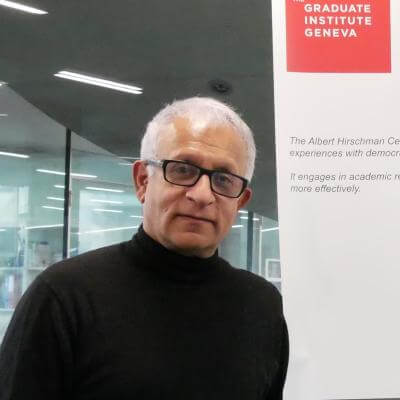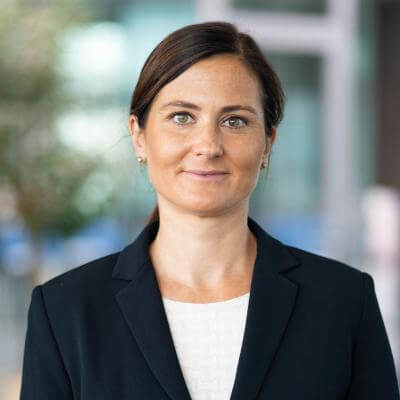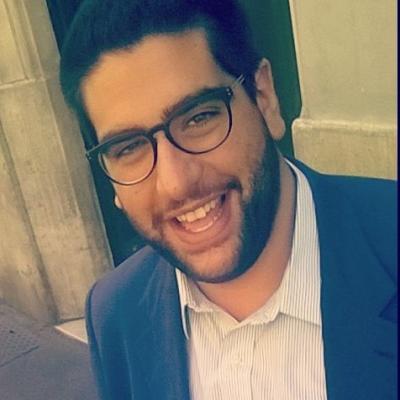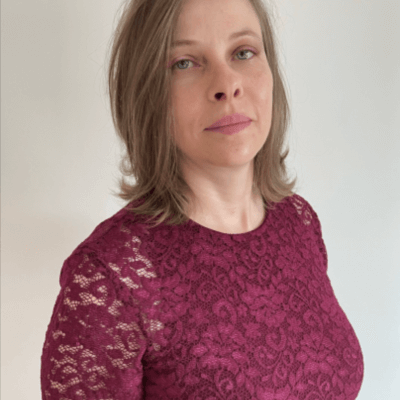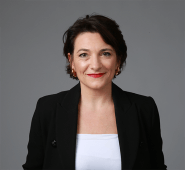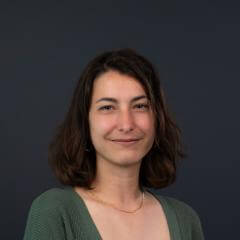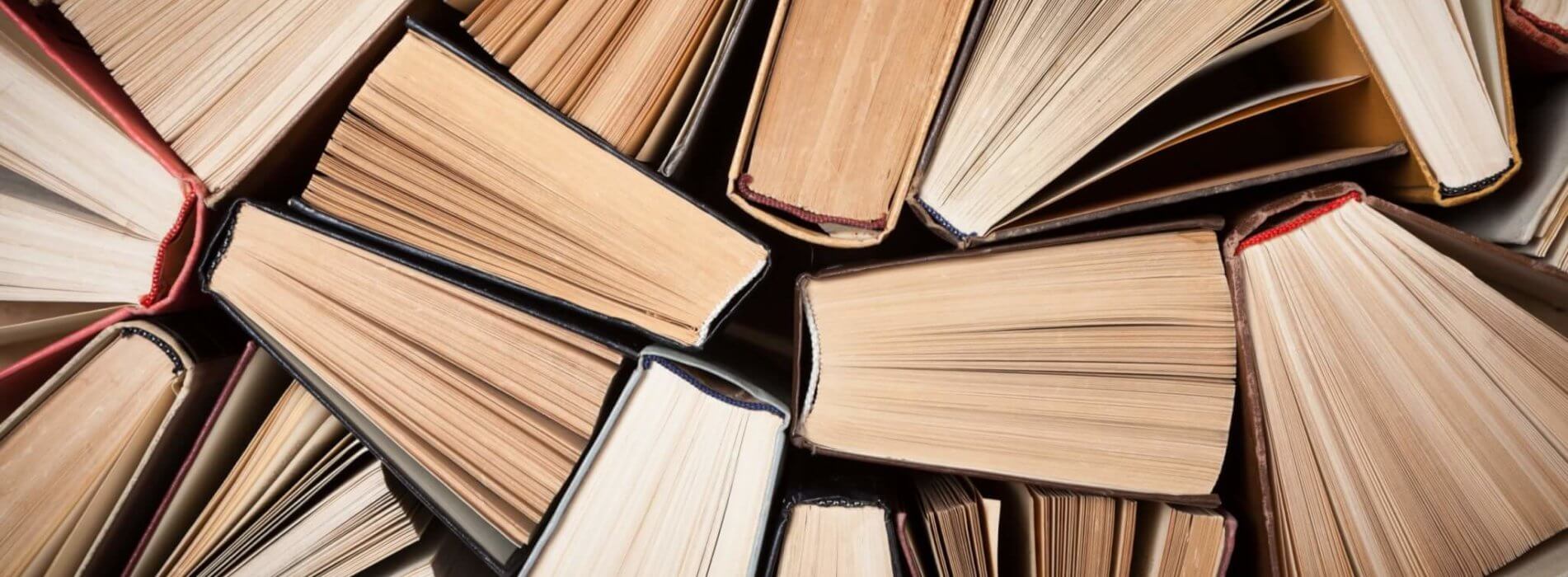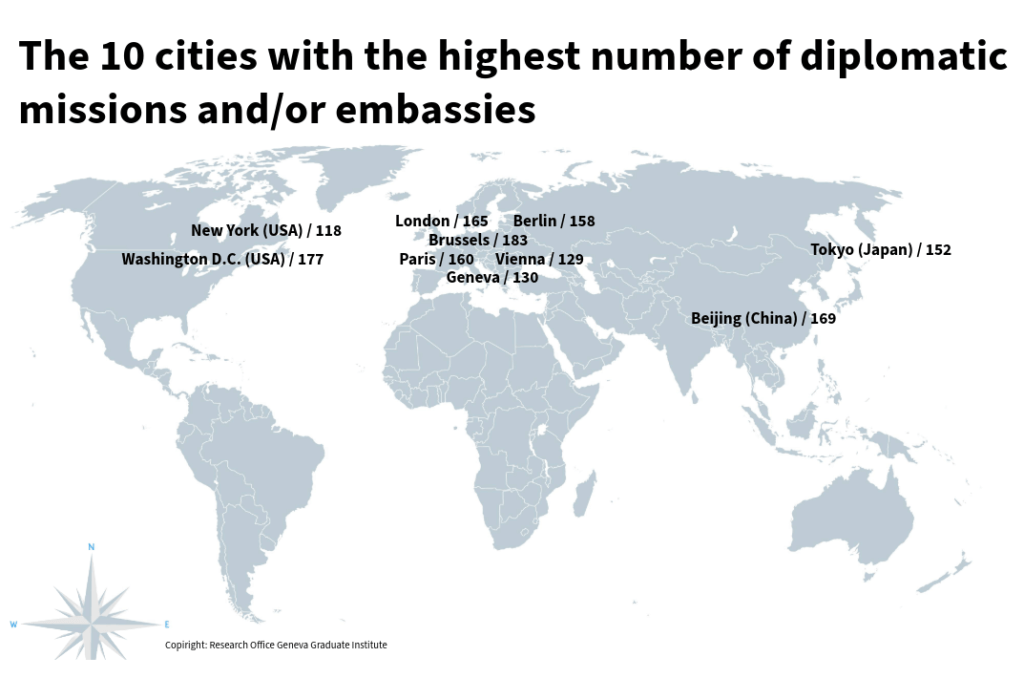Publications of the Geneva Graduate Institute in the Field of Diplomacy
Books
Introduction à la diplomatie en santé mondiale: pour une meilleure santé, plus de solidarité globale et d’équité. Kickbusch, Ilona; Nikogosian, Haik; Kazatchkine, Michel […]. Genève, IHEID, Global Health Centre, 2022
A guide to global health diplomacy: better health – improved global solidarity – more equity. Kickbusch, Ilona; Nikogosian, Haik; Kazatchkine, Michel […]. Geneva, Graduate Institute of International and Development Studies, Global Health Centre, 2021
Diplomatie islamique: stratégie internationale du khomeynisme. Djalili, Mohammad-Reza. Genève, Institut de hautes études internationales et du développement, 2014
Fallout: nuclear diplomacy in an age of global fracture. Mallard, Grégoire. Chicago, University of Chicago Press, 2014
21st century global health diplomacy. Kickbusch, Ilona ed.; Novotny, Thomas E ed.; Told, Michaela ed. New Jersey, World Scientific, 2013
Global health diplomacy: concepts, issues, actors, instruments, fora and cases. Kickbusch, Ilona ed.; Lister, Graham ed.; Told, Michaela ed. […]. New York, Springer, 2013
Japan and multilateral diplomacy. Régnier, Philippe Thierry ed. Aldershot [etc.], Ashgate, 2001
ARTICLES
Forum on recognition in foreign policy (analysis) and (the study of) diplomacy. Guzzini, Stefano; Opondo, Sam Okoth; Smith, Karen. In: Contexto Internacional. – Volume 46(2024), no. 2, pages 1-34
Diplomatie universitaire suisse dans les Caraïbes: de l’accord politique à la pratique du terrain (1962-1974). Roy, Charlotte. In: Relations Internationales. – 2024, n°199, pages 49-64
Global health diplomacy: reconstructing power and governance. Kickbusch, Ilona; Liu, Austin. In: The Lancet. – Volume 399(2022), no 10341, pages 2156-2166
Transboundary water justice: a combined reading of literature on critical transboundary water interaction and ‘justice’, for analysis and diplomacy. Zeitoun, Mark; Warner, Jeroen; Mirumachi, Naho […]. In: Water Policy. – Volume 16(2014), Issue 2, pages 174–193
Ready to put metadata on the post-2015 development agenda? Linking data publications to responsible innovation and science diplomacy. Özdemir, Vural; Kolker, Eugene; Hotez, Peter J.[…]. In: OMICS: a journal of integrative biology. – New Rochelle. – Volume 18, no. 1(2014), pages 1-9
Global health diplomacy: how foreign policy can influence health. Kickbusch, Ilona. In: BMJ. – 2011, 342:d3154, 3 pages
Selling the ‘decent interval’: Kissinger, triangular diplomacy, and the end of the Vietnam war, 1971-73. Hanhimäki, Jussi. In: Diplomacy & Statecraft. – Vol. 14(2003), no 1, pages 159-194
Foreign policy without diplomacy: the Bush administration at a crossroads. Guzzini, Stefano. In: International Relations. – Volume 16(2002), no 2, pages 291-297
Multilateral diplomacy, norm building, and UN conferences: the case of small arms and lights weapons: review essay. Krause, Keith. In: Global governance. – Boulder, CO. – Volume 8, no. 2(2002), pages 247-263
Iran: une diplomatie dans l’impasse. Djalili, Mohammad-Reza. In: Les cahiers de l’Orient. – Paris. – No. 13(1989), pages 57-64.
Diplomatie soviétique, Internationale communiste et PCF au tournant du Front populaire: (1934-1935). Burrin, Philippe. In: Relations internationales. – Genève. – No 45(1986), pages 19-34
PhD ThesEs
Soviet public diplomacy in India during the Cold War, 1959-1965. Dyakonov, Severyan. Geneva, Graduate Institute of International and Development Studies, 2022. PhD Theses | HEITH 1452
Diplomacy of blood and fire: portuguese decolonization and the race question, ca. 1945-1968. Simões de Araújo, Caio. Geneva, Graduate Institute of International and Development Studies, 2017
The price of order: technology, diplomacy and the formation of the International Telegraph Union (ITU). Aznavour, Kars. Geneva, Graduate Institute of International and Development Studies, 2014. PhD Theses | HEITH 1073
L’administration Reagan au Chili (1981-1989): de la “diplomatie silencieuse” à la pression directe. Avaria, Diego. Genève, Institut de hautes études internationales et du développement, 2010. PhD Theses | HEITH 867
Foreign policy and the private sector in Brazil: from corporatism to business diplomacy. Marques, Joseph. Geneva, Institut universitaire de hautes études internationales et du développement, 2009. PhD Theses | HEITH 805
Forbidden federalism: secret diplomacy and the struggle for a Danubian Confederation (1918-1921). Becsi, Zoltán. Genève, Institut universitaire de hautes études internationales, 2007. PhD Theses | HEITH 736
Africa and the new international economic order: a theory and practice of African group’s involvement in multilateral diplomacy within the United Nations system. Nkobena, Boniface Fontem. Genève, Université de Genève, Institut Universitaire de Hautes Etudes Internationales, 1984. PhD Theses | HEITH 375
Beyond import protectionism: U.S. trade diplomacy and the genesis of the Uruguay Round. Fliess, Barbara. Genève, IUHEI, 1992. PhD Theses | HEITH 496
Staline négociateur: une diplomatie de guerre. Hentsch, Guy. Neuchâtel, Ed. de La Baconnière, 1967. PhD Theses | HEITH 179
Electronic reference
Galvin, Marc. “Publications of the Geneva Graduate Institute in the Field of Diplomacy.” Global Challenges, no. 17, May 2025. URL: https://globalchallenges.ch/issue/17/publications-of-the-geneva-graduate-institute-in-the-field-of-diplomacy.Dossier produced by the Research Office of the Geneva Graduate Institute.
TABLE | The 20 Countries with the Most Diplomatic Missions in the World in 2024
| Country | Total number of posts | Embassies | Consulates | Permanent Missions | Other representations |
|---|---|---|---|---|---|
| China | 274 | 173 | 91 | 8 | 2 |
| USA | 271 | 168 | 83 | 11 | 8 |
| Turkey | 252 | 145 | 93 | 12 | 2 |
| Japan | 251 | 152 | 66 | 10 | 23 |
| France | 249 | 158 | 72 | 18 | 1 |
| Russia | 230 | 143 | 74 | 10 | 3 |
| UK | 225 | 156 | 51 | 11 | 7 |
| Germany | 217 | 148 | 56 | 11 | 2 |
| Italy | 206 | 124 | 74 | 8 | 0 |
| Brazil | 205 | 135 | 58 | 12 | 2 |
| India | 201 | 142 | 50 | 5 | 4 |
| Spain | 190 | 114 | 65 | 10 | 1 |
| South Korea | 187 | 114 | 60 | 5 | 8 |
| Mexico | 161 | 80 | 71 | 8 | 2 |
| Canada | 157 | 98 | 38 | 11 | 10 |
| Argentina | 150 | 87 | 54 | 7 | 2 |
| Netherlands | 149 | 106 | 28 | 10 | 5 |
| Switzerland | 141 | 102 | 30 | 7 | 2 |
| Hungry | 140 | 87 | 43 | 7 | 3 |
| Poland | 135 | 91 | 33 | 9 | 2 |
All data taken from the Lowy Institute’s Global Diplomacy Index 2024.
BOX 1 | Diplomatic Realism
Diplomatic realism, often simply referred to as realism, is a theory of international relations that emphasises the competitive and conflictual nature of relations between States. Here are some key principles of diplomatic realism:
- International anarchy: The international system is anarchic, meaning that there is no higher authority to regulate relations between States. States must therefore rely on their own means to ensure their security and interests.
- State sovereignty: States are the main actors in international relations. They are sovereign and act rationally to maximise their security and power.
- Power and national Interests: States seek to maximise their relative power in relation to other states. Power can be measured in terms of capabilities — military, economic, technological, etc. National interests, often defined in terms of security, survival and prosperity, guide the actions of States.
- Balance of power: States form alliances and adopt strategies to maintain a balance of power, thus preventing a single State or coalition of States from becoming too powerful and threatening their security.
- Inevitable conflict: Realists consider conflict to be an inevitable feature of international relations. States are in constant competition for resources, territory and influence, which can lead to conflict and war.
- Pessimism about cooperation: Realists are sceptical about the possibility of lasting international cooperation. They see international institutions and agreements as tools that States use to promote their national interests rather than as means of genuine cooperation.
Diplomatic realism has been influenced by thinkers such as Thucydides, Machiavelli, Hobbes, and more recently by modern theorists such as Hans Morgenthau and Kenneth Waltz. This theory provides a framework for understanding the behaviour of States in a world where security and survival are of paramount concern. This realist theory is one of the analytical frameworks for international relations, in addition to liberalism and constructivism. They all have in common that they are rooted in Western philosophy.
Source: David Ho, “Les théories chinoises des relations internationales: une brève introduction”, La Revue d’histoire militaire, 4 April 2024.
BOX 2 | The New Diplomacy
“New diplomacy” refers to an evolution in traditional diplomatic practices, marked by the emergence of new actors, new means of communication and new issues. It is a concept that has emerged in response to the challenges and opportunities of the 21st century, marked by globalisation and the growing interdependence of states. It contrasts with traditional diplomacy, which is state-based, secret and bilateral, embodied by foreign ministries and embassies.
- Expansion of diplomatic actors: While traditional diplomacy was monopolised by states, new diplomacy involves multiple actors. It includes non-governmental organisations (NGOs), multinational companies, local authorities (cities, regions), international organisations (UN, WTO, EU…), citizens and social movements.
- Transformation of tools and channels: Digital tools have profoundly changed diplomatic practices. Public diplomacy and “twiplomacy” (diplomacy via X and other networks) enable direct communication between diplomats and the public.
- Broadening of themes: The new diplomacy addresses complex global issues such as climate change, global health, human rights, migration, digital governance and gender equality. For instance, the climate negotiations at COP26 involved not only states, but also NGOs, businesses, indigenous peoples and young activists such as Greta Thunberg.
- Collaborative and multi-level approaches: Diplomacy is no longer just vertical (between governments), but also horizontal, via cooperation networks between cities (e.g. C40 Cities), universities and civil society.
- More transparent and responsive diplomacy. Negotiations are increasingly subject to pressure from public opinion, the media and real-time communication dynamics. This makes diplomacy more visible, but also more vulnerable to polarisation or communication effects.
In summary, new diplomacy is a more holistic and integrated approach to international relations that recognises the complexity and interdependence of the modern world. It seeks to address global challenges through cooperation, engagement with a diversity of actors, and the use of new tools and technologies.
BOX 3 | Figures on International Geneva and Impact of US Cuts on United Nations Funding
- 43 international organisations in the Lake Geneva area (38 in Geneva, 46 in total in Switzerland)
- 183 States represented
- About 750 non-governmental organisations (NGOs)
- More than 4,000 visits per year of heads of state and government, ministers and other dignitaries
- In 2024, 36,460 people were employed in IOs, NGOs and permanent missions:
- 28,962 people employed in IOs
- 4,062 people employed in permanent missions
- 3,436 people employed in NGOs
- In 2024, the United States funded 22% of the UN regular budget, more than China (15.25%) and Japan (8.03%). But in 2025, it significantly reduced its financial contributions:
- Reduction of more than 80% for the UN regular budget, affecting more than 40 international organisations, including UNESCO and the World Health Organisation (WHO)
- Suspension of USD 377 million for UNFPA, the UN agency for reproductive health, impacting 48 programmes in crisis areas such as Gaza, Sudan and Ukraine
- Cuts of USD 160 million for the UN Food and Agriculture Organization (FAO), jeopardising global efforts to monitor avian influenza
- Estimated reduction of 30% for the International Organization for Migration (IOM), affecting more than 6,000 employees worldwide.
- To prevent staff layoffs due to the US funding freeze, the Canton of Geneva has allocated CHF 10 million and the City of Geneva CHF 2 million to support local NGOs.
Sources: République et canton de Genève, “Statistiques cantonales”. République et canton de Genève, Genève internationale, “Facts and Figures”. Confédération suisse, “Facts and Figures about International Geneva”. Better World Campaign, “Proposed FY25 Spending Bill for Foreign Operations Would Gut U.S. Global Standing”, 6 April 2025. United Nations Office at Geneva, “US Funding Cuts Confirmed, Ending Lifesaving Support for Women and Girls”, 27 February 2025. Susannah Savage and Michael Peel, “American Farmers Raise Alarm As US Cuts Funds for UN Bird Flu Fight”, Financial Times, 9 May 2025. International Organization for Migration, “Update on IOM Operations amid Budget Cuts ”, 18 March 2025. US Library of Congress, Congressional Research Service, United Nations Issues: US Funding to the UN System, by Luisa Blanchfield, IF10354, 9 April 2024. Frédéric Julliard, “Genève souffle le chaud et le froid sur les ONG”, Le Temps, 17 February 2025. Fanny Scuderi, “La ville de Genève alloue 2 millions de francs d’aide aux ONG”, 13 March 2025.
VIDEO | Former US Representative to the UN Amb. Sheba Crocker on Her Three Years in International Geneva
U.S. Mission Geneva
VIDEO | Diplomacy Today, with Stephan Klement, EU Diplomat and Special Adviser on Iran Nuclear Issue
Research Office, Geneva Graduate Institute
PODCAST | La diplomatie de la restitution des œuvres d’art avec Amb. Angelo Dan
Research Office, Geneva Graduate Institute
